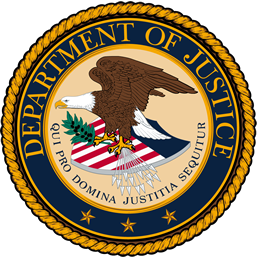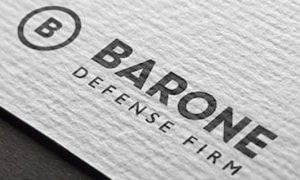Search
What are the Michigan Rules of Criminal Procedure?
If you’ve been charged with a crime in Michigan, you are probably wondering what will happen to you when you go to court. Understanding the the rules of criminal procedure in Michigan will help lower your anxiety and this guide is designed to give you a basic reference about what to expect after your case gets started in court.
Also covered in this comprehensive guide to criminal procedure are the steps that the case will go through before it ever gets to court. Understanding how cases begin is essential for anyone facing criminal allegations. The following information is for Michigan state cases. For federal case procedure please see our companion article – What Are the Steps in a Federal Criminal Case?
 Michigan Criminal Defense Lawyer Blog
Michigan Criminal Defense Lawyer Blog


 In the United States, the discovery process in the criminal justice system is governed by federal and state laws and rules of criminal procedure. For example,
In the United States, the discovery process in the criminal justice system is governed by federal and state laws and rules of criminal procedure. For example,  It can be difficult to know if you are under a federal investigation. However, if you are aware, there are several clues that you are under investigation by the Federal Government. One of them is the receipt of a target letter.
It can be difficult to know if you are under a federal investigation. However, if you are aware, there are several clues that you are under investigation by the Federal Government. One of them is the receipt of a target letter.
 Your
Your